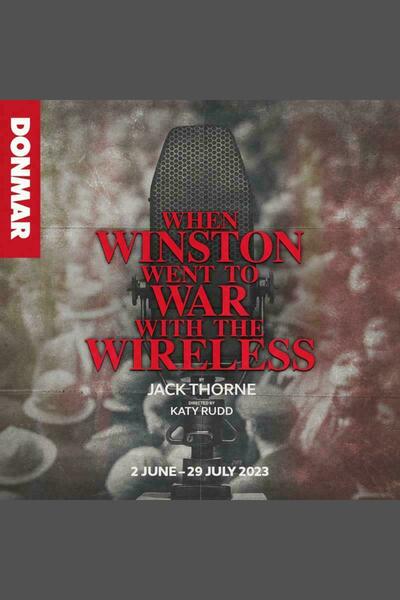
Critic Reviews (10)
“Katy Rudd’s beautifully crafted production utilises radio-style foley effects throughout...Overall, however, there is too much informing for a drama (and actually, with so much narration and audio work, it might be better suited to radio). But it’s still a potent love letter to the BBC, in all its messy glory.”
Read more
“If Reithian principles represent the ideal of truth-telling and impartiality in public service broadcasting today, Jack Thorne’s play looks back at the man who established them at a delicate moment in the history of the BBC, and dramatises his inner tussle with truth.”
Read more
“If Thorne’s script has a flaw, it’s that most of the characters remain cheerfully two-dimensional.”
Read more
“...Thorne triumphantly uses real history to create a compelling drama that is both amusing, touching and revealing.”
Read more
“Unfortunately, Thorne also saddles Archer with some clumsy narrating duties...All his characters here, in fact, are broad and flat, and although there are flashes of strobe-lit police violence and confrontation with strikers, the texture of interwar life is not pungent enough. Still, it is a piece full of interest; the sort of play, in fact, that would sound at home on Radio 4.”
Read more
When Winston Went to War With The Wireless is a fascinating glimpse at two men who have shaped the history of this country, regardless of how accurate all the elements of it are, the early pioneers of the BBC would be proud to know that this is a play that mirrors the Royal Charter as it succeeds in informing, educating and entertaining.
Read more
“The strength of the play, and perhaps its most depressing side, is that it shows how some things never change in this country.”
Read more
“On reflection, it’s not really about Winston Churchill at all. It’s primarily a piece about right, wrong, and the decisions made by one man which secured the future of our national broadcasting corporation. While it doesn’t throw any punches, it’s both thought provoking and educational – with a humorous script and compelling performances.”
Read more







